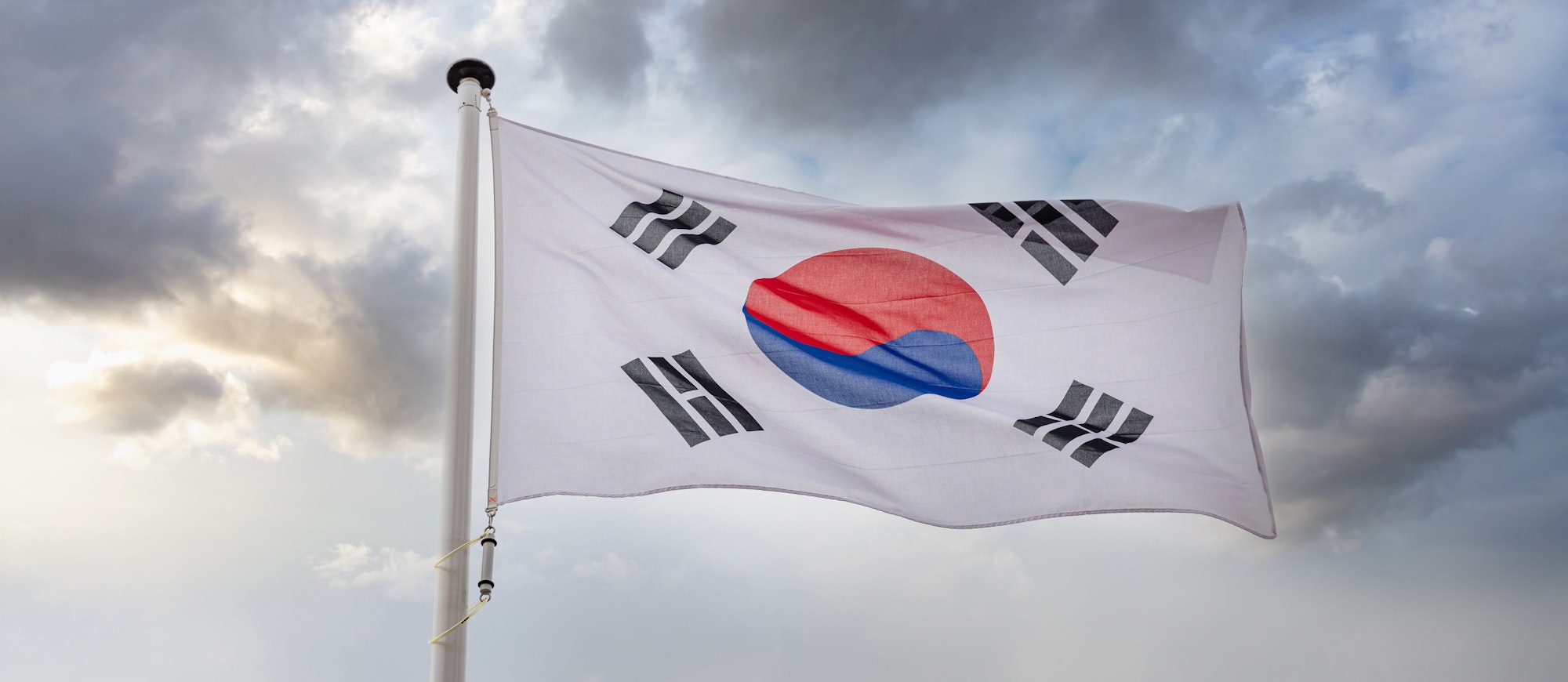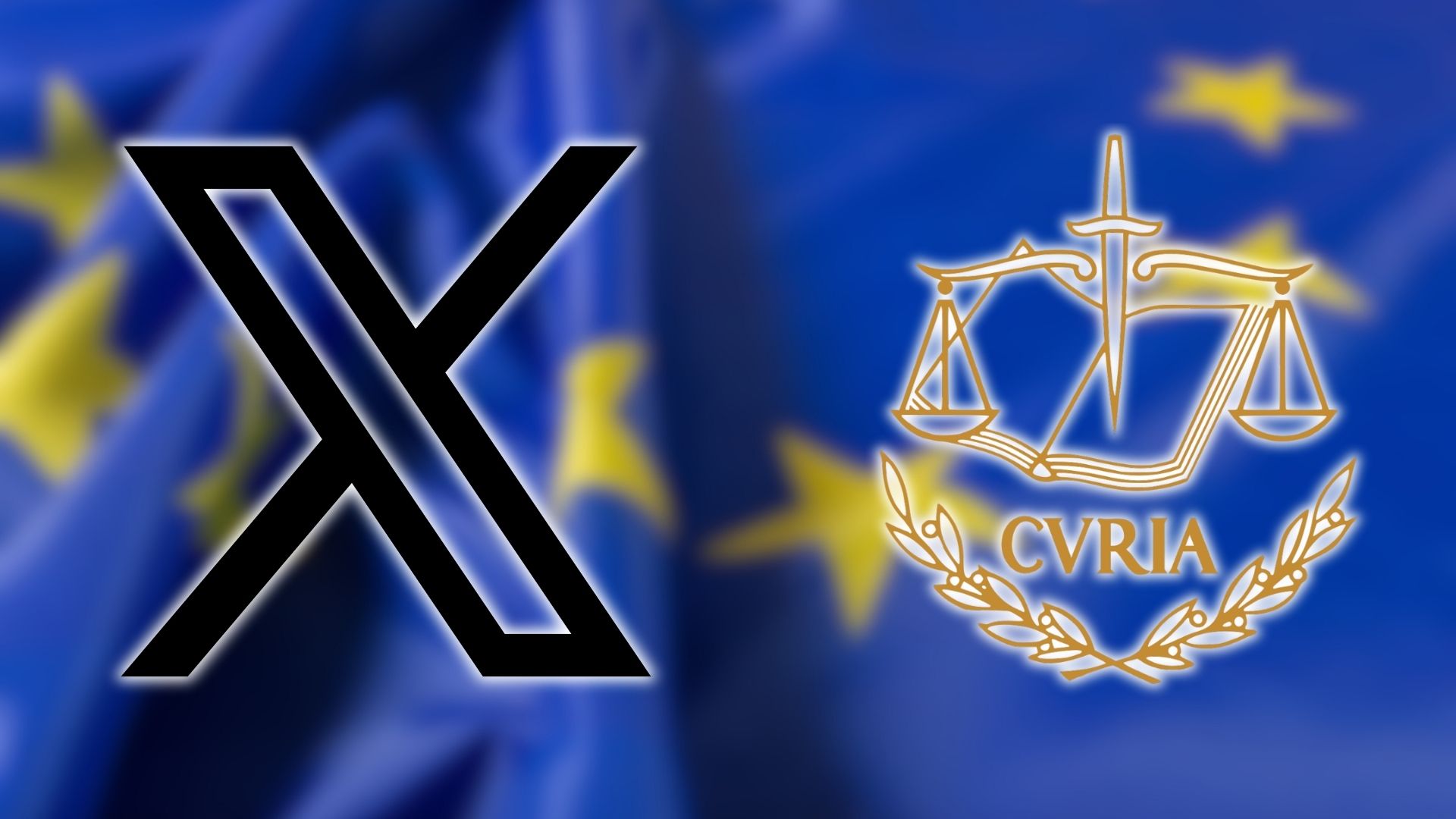The UK faces rising pressure on its electricity system as about 140 new data centre projects could demand more power than the country’s current peak consumption, according to Ofgem.
The regulator said developers are seeking about 50 gigawatts of capacity, a level driven by rapid growth in AI and far beyond earlier forecasts.
Connection requests have surged since late 2024, placing strain on a grid already struggling to support vital renewable projects that are key to national climate targets.
Work needed to connect expanding data centre capacity could delay schemes considered essential for decarbonisation and economic growth, instead of supporting the transition at the required pace.
The growing electricity footprint of AI infrastructure also threatens the aim of creating a virtually carbon-free power system by 2030, particularly as high costs and slow grid integration continue to hinder progress.
A proposed data centre in Lincolnshire has already raised concerns by projecting emissions greater than those of several international airports combined.
Ofgem now warns that speculative grid applications are blocking more viable projects, including those tied to government AI growth zones.
The regulator is considering more stringent financial requirements and new fees for access to grid connections, arguing that developers may need to build their own routes to the network rather than rely entirely on existing infrastructure.
Would you like to learn more about AI, tech and digital diplomacy? If so, ask our Diplo chatbot!










